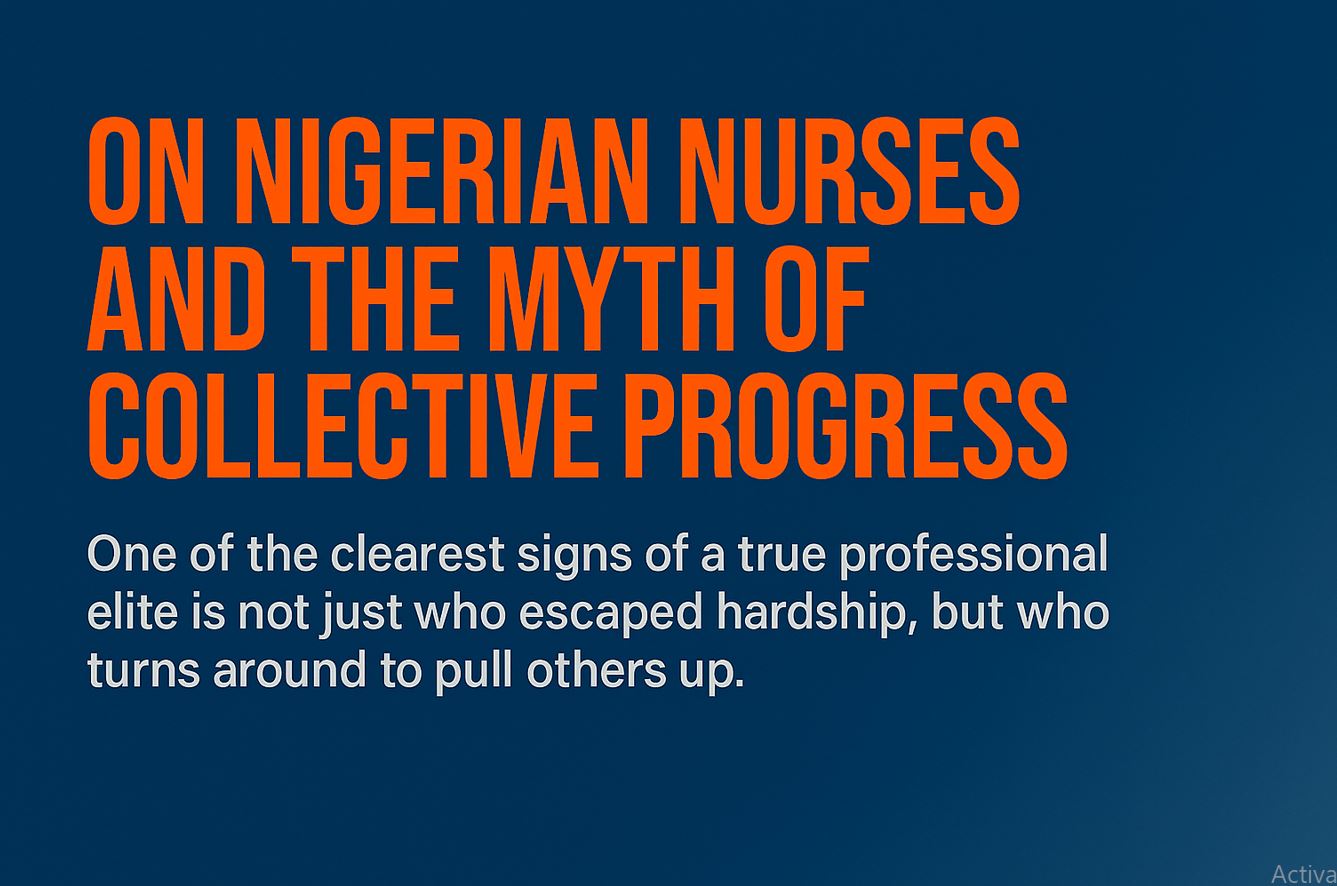If there’s one non-negotiable principle in modern healthcare, it’s this: no health system can function safely without strict infection prevention and control (IPC), especially through consistent hand hygiene. That’s the clear and urgent message from the Nigeria Centre for Disease Prevention and Control (NCDC) as it marks the 2025 World Hand Hygiene Day.
With antimicrobial resistance (AMR) on the rise and healthcare-associated infections (HAIs) driving up treatment costs and patient mortality, hand hygiene is not just a personal habit—it is a national health security priority.
“Hand hygiene is not just a routine task,” said Dr. Tochi Okwor, Head of Disease Prevention and Control at the NCDC. “It is a clinical standard, a moral obligation, and a public health imperative.”
Despite widespread awareness campaigns, poor compliance remains a concern. The continued misuse of gloves—a common practice where health workers believe gloves eliminate the need for handwashing—only exacerbates the problem. But the science is clear: gloves are not a substitute for clean hands.
The NCDC’s chosen theme for this year, “It Might Be Gloves. It’s Always Hand Hygiene”, directly tackles this harmful misconception. Dr. Okwor emphasized that when gloves are misused—worn too long, not changed between patients, or used for non-clinical tasks—they become vectors of contamination rather than tools of protection.
In response, Nigeria has taken meaningful steps. The NCDC has established a Hospital-Acquired Infection Surveillance System for real-time monitoring and response. Additionally, over 393 IPC professionals have been trained and deployed to lead improvement efforts nationwide. The country’s Second National Action Plan on AMR (2024–2028) now includes glove stewardship, making responsible glove use as important as responsible antibiotic use.
But even with these systems in place, implementation gaps persist. According to Dr. Rita Idemudia, Medical Director of Maitama District Hospital, more than 60% of infectious diseases could be prevented with consistent hand hygiene practices. Yet many healthcare workers and patients still fail to see this as a critical intervention.
The problem, as FCT Health Secretary Dr. Adedolapo Fasawe bluntly noted, is often attitudinal. Represented by Osagie Osawade, she lamented that many Nigerians only practice proper hand hygiene during pandemics or emergencies—then quickly revert to old habits once the crisis passes.
“It’s not about access to water,” Fasawe said. “It’s an attitudinal problem. People carry hand sanitisers during pandemics, then forget the basics when the emergency is over.”
So, where do we go from here?
What Must Change—Starting Now:
Health facilities must audit IPC compliance regularly, ensuring hand hygiene protocols are not just in place but enforced.
Health workers must treat glove use responsibly, not as a shortcut, but as part of a broader hygiene strategy.
The public must stop treating handwashing as a pandemic-only activity. Clean hands save lives—every day, not just during emergencies.
Government and institutions must continue investing in IPC training, infrastructure, and education—with legal and strategic frameworks that guarantee sustainability.
The truth is, patient safety and healthcare worker protection begin with something as simple—and powerful—as clean hands. We cannot afford complacency.




